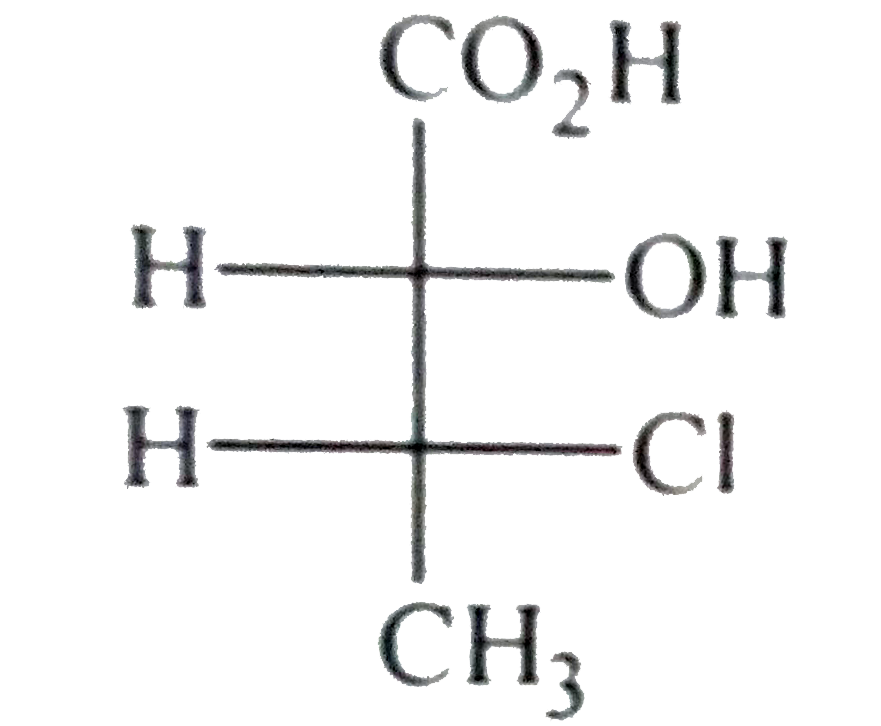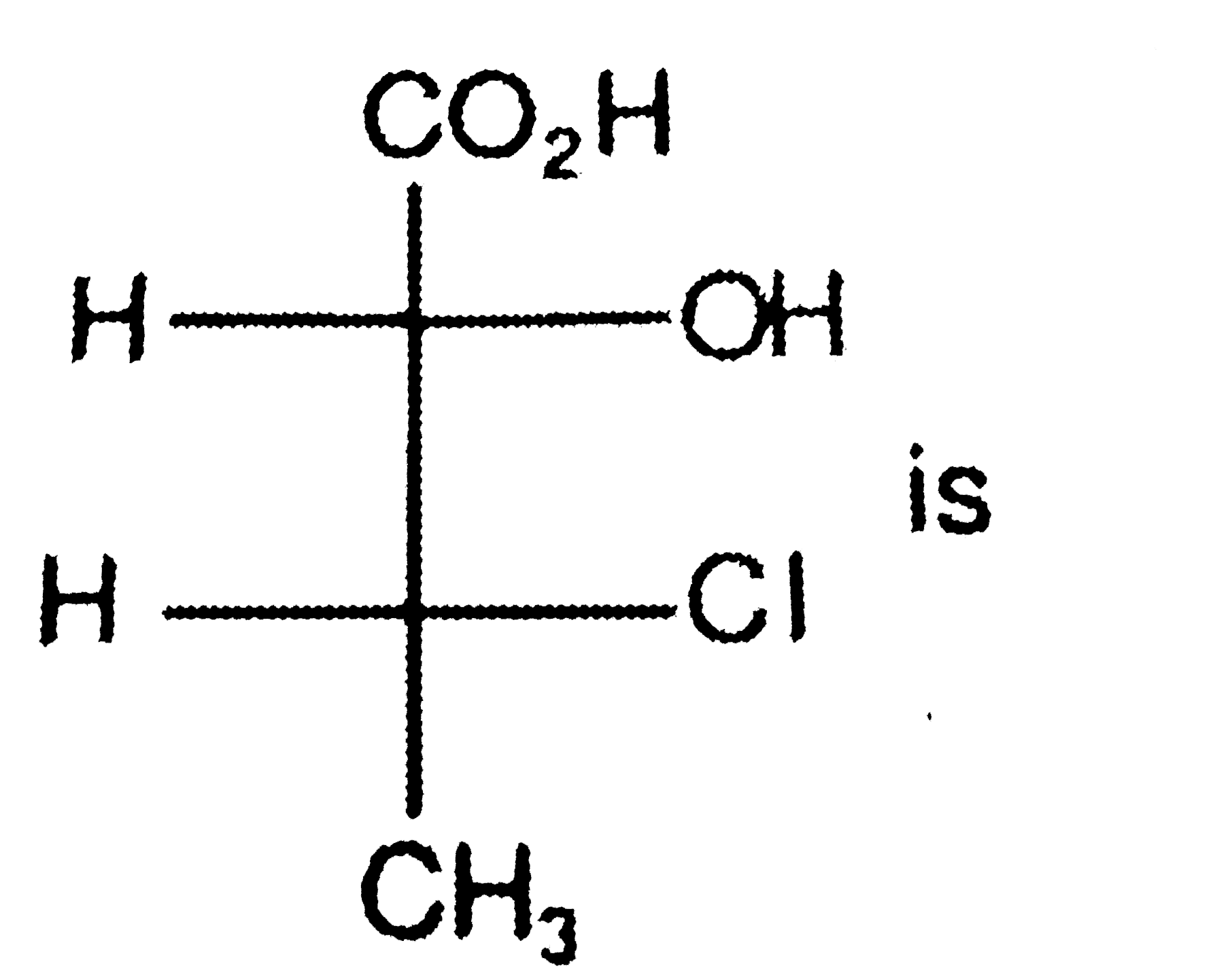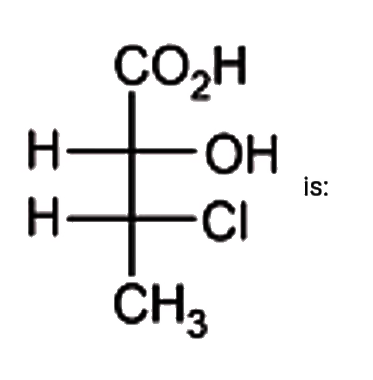Absolute refractory period of heart is during
contraction when the heart is in non responding period
expansion
negative charge
positive charge
The correct Answer is:A
To answer the question regarding the absolute refractory period of the heart, we will break down the concept step by step.
1. Understanding Refractory Periods: The refractory period is a phase during which the heart muscle cannot respond to further stimulation. It is crucial for the proper functioning of the heart, ensuring that it has time to contract and relax.
2. Types of Refractory Periods: There are two types of refractory periods in cardiac muscle:
- Absolute Refractory Period: This is the phase during which no new action potential can be initiated, regardless of the strength of the stimulus. This occurs because the sodium channels are inactivated.
- Relative Refractory Period: This follows the absolute refractory period, where a stronger-than-normal stimulus can initiate an action potential.
3. Duration of the Absolute Refractory Period: The absolute refractory period in cardiac contractile muscle lasts approximately 200 milliseconds. This is essential for preventing tetanus (sustained contraction) in the heart muscle.
4. Timing of the Absolute Refractory Period: The absolute refractory period coincides with the contraction phase of the heart (systole). During this time, the heart is not able to respond to any new electrical impulses.
5. Conclusion: Therefore, the absolute refractory period of the heart occurs during the contraction phase when the heart muscle is not responsive to further stimulation.
Final Answer:
The absolute refractory period of the heart is during contraction.
---
- Absolute Refractory Period: This is the phase during which no new action potential can be initiated, regardless of the strength of the stimulus. This occurs because the sodium channels are inactivated.
- Relative Refractory Period: This follows the absolute refractory period, where a stronger-than-normal stimulus can initiate an action potential.
The absolute refractory period of the heart is during contraction.
Topper's Solved these Questions
- BODY FLUIDS AND CIRCULATIONBOOK - AAKASH SERIESCHAPTER - BODY FLUIDS AND CIRCULATIONEXERCISE - Exercise -II (Double Circulation & Regulation of Cardiac Activity)
2 Videos
- BODY FLUIDS AND CIRCULATIONBOOK - AAKASH SERIESCHAPTER - BODY FLUIDS AND CIRCULATIONEXERCISE - Exercise -II (Disorders of Circulatory System)
8 Videos
- BODY FLUIDS AND CIRCULATIONBOOK - AAKASH SERIESCHAPTER - BODY FLUIDS AND CIRCULATIONEXERCISE - Exercise -II (Cardiac Cycle)
11 Videos
- BIOTECHNOLOGY AND ITS APPLICATIONSBOOK - AAKASH SERIESCHAPTER - BIOTECHNOLOGY AND ITS APPLICATIONSEXERCISE - Exercise - III (Previous AIPMT/NEET Questions )
19 Videos
- BREATHING AND EXCHANGE OF GASES BOOK - AAKASH SERIESCHAPTER - BREATHING AND EXCHANGE OF GASES EXERCISE - EXERCISE-III (Previous AIPMT/NEET Questions)
21 Videos
Similar Questions
Relative refractory period occurs during
View SolutionAbsolute refractory period during nerve impulse conduction is the period of
View SolutionLong refractory period is present in
View SolutionAbsolute zero is
View SolutionSemilunar valves of heart open during
View SolutionThe absolute configuration of

View SolutionThe absolute configuration of

View SolutionThe absolute configuration of

View SolutionThe absolute configuration of

View SolutionA basic refractory material among the following is
View Solution
